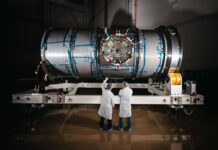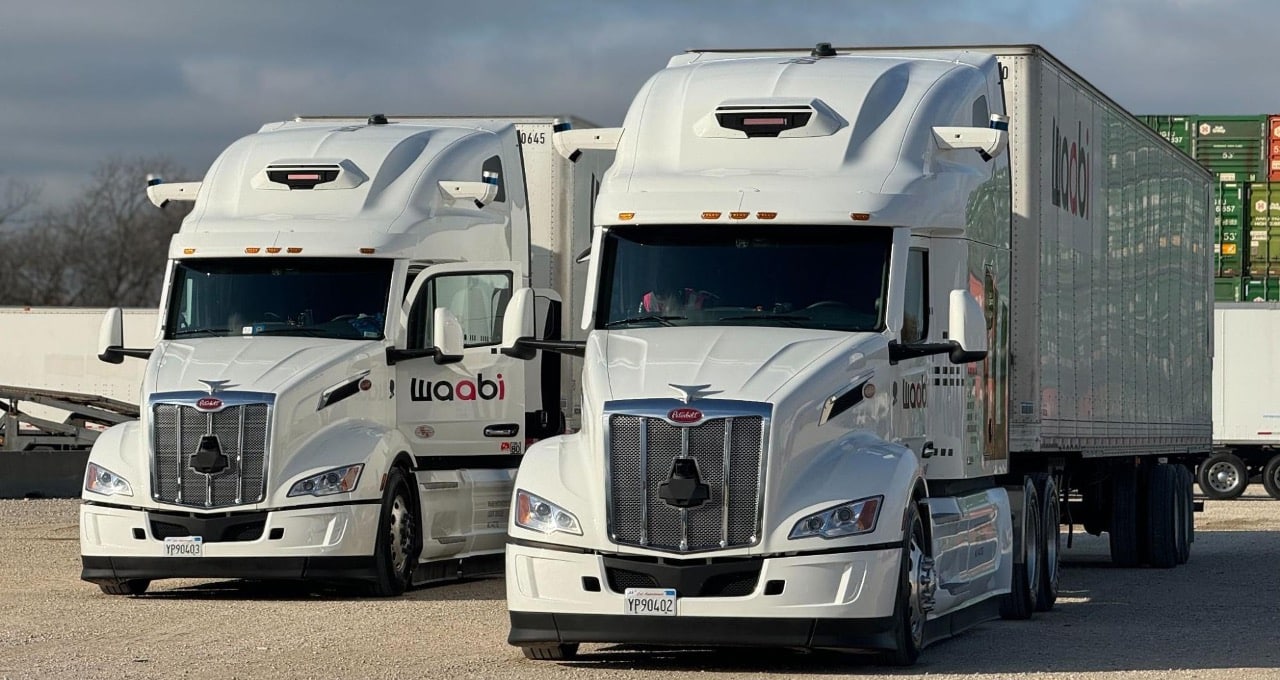How Waabi is Leveraging Generative AI to Revolutionize Autonomous Trucking
Artificial intelligence (AI) is making waves in various industries, and the transportation sector is no exception. One of the most groundbreaking advancements driven by AI is the development of autonomous vehicles (AVs). These self-driving vehicles promise to enhance safety, improve efficiency, and reduce the costs associated with human drivers. Among the companies leading this charge is Waabi, a Toronto-based startup that is harnessing generative AI to bring autonomous trucking solutions to scale.
Waabi’s Vision for Autonomous Trucking
Waabi is focusing on the long-haul trucking sector, a field ripe for automation due to the monotonous and time-consuming nature of long-distance driving. At the recent GTC conference in March, Waabi announced its partnership with NVIDIA to utilize the NVIDIA DRIVE Thor centralized car computer. This collaboration aims to launch Waabi Driver, a generative AI-powered autonomous trucking solution.
The company is gearing up for a significant milestone: launching fully driverless operations next year. Waabi’s approach is capital-efficient and designed to safely manage new and unpredictable scenarios on the road, making it a commercially viable solution.
The Role of NVIDIA DRIVE OS
Waabi is developing its autonomous driving technology on NVIDIA DRIVE OS, an advanced operating system specifically designed for AI-driven autonomous vehicles. This platform provides the necessary tools and infrastructure to ensure the safety and reliability of self-driving systems. By leveraging NVIDIA’s robust technology, Waabi aims to create a scalable and efficient autonomous trucking solution.
Generative AI: The Core of Waabi’s Innovation
Waabi’s innovative approach centers on two generative AI systems: Waabi World and Waabi Driver. Waabi World acts as a "teacher," serving as an advanced simulator that trains and validates the "student," Waabi Driver. The latter is a comprehensive AI system capable of human-like reasoning and full interpretability.
By utilizing these two systems in tandem, Waabi significantly reduces the need for extensive on-road testing. This not only speeds up the development process but also ensures a safer and more efficient solution. Raquel Urtasun, founder and CEO of Waabi, emphasized the importance of this collaboration:
"We are excited to have a deep collaboration with NVIDIA to bring generative AI to the edge, on our vehicles, at scale."
Accelerating AV Development with Generative AI
Generative AI accelerates the development of autonomous vehicles by providing an end-to-end system. Traditional methods require hundreds of engineers to manually develop the system. In contrast, generative AI allows for the creation of foundational models that can operate unsupervised by observing and interacting with the world. Urtasun elaborated on this point:
"Generative AI provides the ability to learn foundation models that can run unsupervised by observing and acting on the world."
Waabi’s Milestones and Future Plans
Waabi’s collaboration with NVIDIA is one of several significant milestones for the company. Recently, Waabi raised $200 million in a Series B funding round, with participation from NVIDIA. This funding will support further development and scaling of their autonomous trucking solutions.
Additionally, Waabi has partnered with Uber Freight, a logistics company, to launch its first commercial autonomous trucking routes in the United States. To support these operations, Waabi has opened a trucking terminal near Dallas, which will serve as the hub for its activities in Texas.
Urtasun highlighted the broader implications of their work:
"What we’re building for autonomous vehicles — combining generative AI-powered simulation with a foundation AI model purpose-built for acting in the physical world — will enable faster, safer and more scalable deployment of this transformative technology around the world."
Industry Reactions and Future Outlook
The integration of generative AI in autonomous vehicles has garnered positive reactions from industry experts. The ability to simulate and train AI models without extensive on-road testing is seen as a game-changer. This approach not only accelerates development but also enhances safety, making the roads safer for everyone.
Moreover, the collaboration between Waabi and NVIDIA is expected to set new standards in the autonomous vehicle industry. By leveraging cutting-edge technology and innovative AI models, Waabi is well-positioned to lead the way in autonomous trucking.
Good to Know: How Generative AI Works
For those unfamiliar with the term, generative AI refers to systems that can generate new content based on the data they have been trained on. In the context of autonomous vehicles, generative AI can create realistic simulations of driving scenarios. These simulations are then used to train the AI models, enabling them to handle real-world situations more effectively.
This approach is particularly beneficial for autonomous vehicles, as it allows for extensive testing and validation without the risks associated with on-road testing. By simulating a wide range of scenarios, generative AI helps ensure that the autonomous system can handle unexpected events safely and efficiently.
Conclusion
Waabi’s innovative use of generative AI is poised to revolutionize the autonomous trucking industry. By partnering with NVIDIA and leveraging advanced AI technology, Waabi aims to bring a safe, efficient, and scalable autonomous trucking solution to market. As the company prepares for the launch of fully driverless operations next year, it is clear that generative AI will play a crucial role in shaping the future of transportation.
For more insights into Waabi’s work and their use of generative AI, you can listen to Raquel Urtasun’s talk at GTC. As the industry continues to evolve, it will be exciting to see how Waabi’s innovative solutions contribute to the broader adoption of autonomous vehicles.
In summary, Waabi is not just developing technology; it is paving the way for a new era in transportation, where AI-driven autonomous vehicles become a common sight on our roads. This transformative technology promises to make long-haul trucking safer, more efficient, and more sustainable, benefiting both the industry and society as a whole.
For more Information, Refer to this article.

































